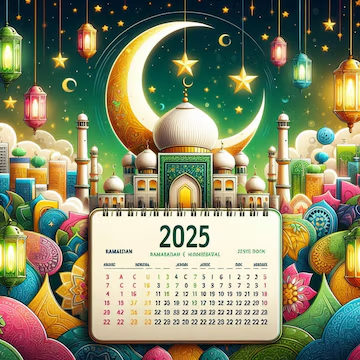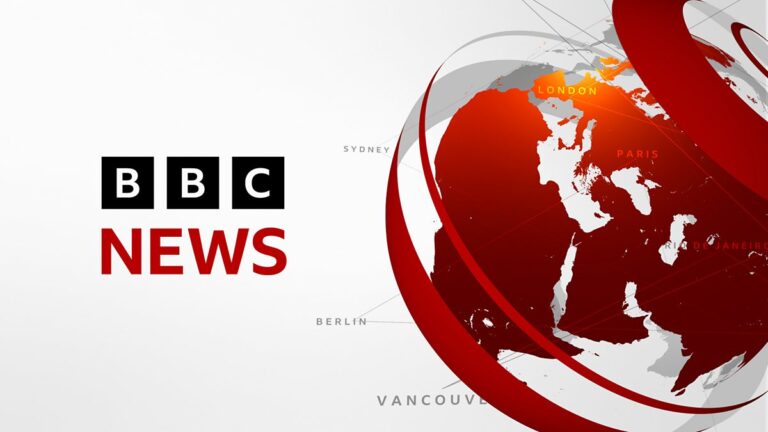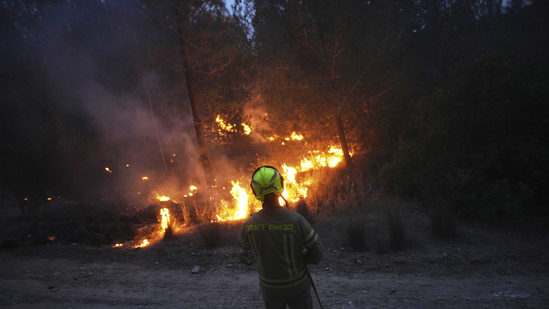Ramadan 2025: Complete Guide for Pakistan
Ramadan 2025: Complete Guide for Pakistan
Ramadan, the ninth month of the Islamic lunar calendar, is a deeply significant and sacred time for Muslims across the world, including Pakistan. It is a month dedicated to fasting, prayer, reflection, and community. This article will provide a comprehensive guide on Ramadan 2025 in Pakistan, detailing everything from prayer times, the significance of the month, public holidays, rules for fasting, and Eid celebrations.
1. What is Ramadan?
Ramadan is one of the five pillars of Islam and is a month in which Muslims fast from dawn until sunset. The fasting includes abstaining from food, drink, smoking, and marital relations during daylight hours. Ramadan is a time of self-reflection, self-discipline, and an opportunity to grow closer to Allah through worship and charitable acts. The Quran was revealed during the month of Ramadan, making it even more special for Muslims.
2. How Ramadan is Determined:
Since Ramadan follows the Islamic lunar calendar, its start date shifts by approximately 10-12 days every year according to the Gregorian calendar. The beginning of Ramadan is determined by the sighting of the new moon. Therefore, the exact start and end of Ramadan can vary depending on the moon sighting.
In Pakistan, Islamic scholars and officials announce the start of Ramadan after confirming the moon sighting. Traditionally, a large number of people gather at mosques or public places to observe the moon, but nowadays, the announcement is often made by the Ruet-e-Hilal Committee of Pakistan.
3. When Will Ramadan Start in 2025 in Pakistan?
- Estimated Start Date: According to the Gregorian calendar, Ramadan in 2025 is expected to start on the evening of Sunday, March 23, 2025.
- Expected End Date: Ramadan will likely end on Monday, April 21, 2025, with Eid-ul-Fitr following immediately afterward.
The start and end dates are subject to the moon sighting in Pakistan, so it could vary by a day or two.
4. Number of Days Until Ramadan 2025
To calculate the days remaining until Ramadan 2025:
- Today’s Date: February 27, 2025
- Estimated Start of Ramadan: March 23, 2025
There are approximately 24 days left until the start of Ramadan 2025 in Pakistan.
5. Ramadan Prayers and Fasting in Pakistan
During Ramadan, Muslims engage in special prayers and fasting rituals. These prayers and activities are crucial to the spiritual experience of Ramadan.
A. Fasting Rules
- Pre-Dawn Meal (Suhoor): The fast begins at dawn, so Muslims are required to eat a meal called suhoor before the Fajr (dawn) prayer. Suhoor provides energy for the day of fasting.
- Fasting Period: Muslims abstain from food, drink, and other physical needs from the Fajr prayer (dawn) until Maghrib prayer (sunset).
- Breaking the Fast (Iftar): The fast is broken at sunset with the iftar meal. Traditionally, Muslims break their fast with dates and water, following the practice of the Prophet Muhammad (PBUH), before enjoying a larger meal.
- Exemptions: Certain people are exempt from fasting, including children, the elderly, pregnant or breastfeeding women, travelers, and those who are ill.
B. Taraweeh Prayers
Taraweeh is a special set of voluntary prayers performed during the nights of Ramadan. After the Isha (night) prayer, Muslims gather at mosques or in their homes to perform these prayers. They are longer than the usual prayers and can be performed individually or in congregation. Taraweeh is often a highly spiritual time for reflection, as many aim to recite the Quran during these extra prayers.
C. Tahajjud Prayers
The Tahajjud prayer is a voluntary prayer done in the late hours of the night, usually after waking up before dawn. While it’s not obligatory, many Muslims try to observe this prayer during Ramadan as a way of seeking Allah’s mercy.
6. Ramadan in Pakistan: Social and Cultural Significance
Ramadan holds great social and cultural significance in Pakistan. The month is observed with deep devotion, and many aspects of daily life revolve around religious observance and spiritual growth.
A. Ramadan Markets and Food
In Pakistan, Ramadan brings a unique atmosphere, especially in the evenings. Many cities set up Ramadan bazaars where people can buy food, dates, sweets, and other items for Iftar. These markets are bustling with activity, and traditional dishes are prepared in large quantities.
B. Charity and Zakat
Charity, or Zakat, is a critical part of Ramadan. Muslims are encouraged to give Zakat (mandatory charity) and Sadaqah (voluntary charity) during this time. Many people make a special effort to donate to the poor and the needy during Ramadan, ensuring that everyone can celebrate Eid, regardless of their financial situation.
C. Increased Worship and Reflection
As Ramadan is the month in which the Quran was revealed, many Muslims spend extra time reading and reflecting on the Quran. Mosques are filled with worshippers throughout the day and night, and the atmosphere is spiritually charged.
7. Public Holidays and Rules During Ramadan
In Pakistan, Ramadan brings special rules and holidays to accommodate fasting, worship, and reflection.
A. National Holidays
- Eid-ul-Fitr: The end of Ramadan is marked by Eid-ul-Fitr, a public holiday in Pakistan. Eid is celebrated with family gatherings, special prayers, and feasts.
- Eid-ul-Fitr Prayers: Special prayers are held at mosques or open grounds early in the morning on Eid. These prayers are followed by the exchange of greetings, gifts, and charity.
B. Government Guidelines for Ramadan
During Ramadan, the Pakistan government often adjusts work hours, especially for government employees and businesses. Many offices and businesses may operate on shortened hours to allow people to observe their religious obligations.
- Traffic Restrictions: In some cities, there are traffic adjustments to reduce congestion, especially during peak hours like Iftar and Taraweeh times.
- Public Eating Restrictions: In line with the Islamic observance, public eating and drinking are discouraged during daylight hours in Ramadan. Restaurants may remain closed until Iftar.
C. Ramadan and School Schedules
In many schools across Pakistan, students are given extended breaks during Ramadan, especially in the last few days of the month. Some schools may start classes later or adjust schedules to accommodate fasting students and teachers.
8. Eid-ul-Fitr: The Grand Celebration After Ramadan
Eid-ul-Fitr is the most awaited celebration at the end of Ramadan. It is a day of thanksgiving to Allah for giving Muslims the strength to complete their fast and perform their religious duties.
A. Eid Celebrations in Pakistan
- Eid Prayers: On Eid morning, Muslims gather at mosques or open grounds for Eid prayers, which are usually performed in large congregations. After prayers, people greet each other with “Eid Mubarak”, wishing each other a joyous Eid.
- Feasts and Gifts: After the prayers, Muslims return home to celebrate with family, enjoying special dishes like biryani, nihari, sweets (like sewaiyan and mithai), and drinks. It is a time of gifting, where people exchange gifts with loved ones.
B. Charity and Zakat-al-Fitr
Before the Eid prayers, Muslims are required to give Zakat-al-Fitr, a form of charity meant to purify the fast and help the poor celebrate Eid. This charity is obligatory, and its amount is typically a small portion of the individual’s wealth, such as the price of staple foods.
9. Conclusion: Embracing the Spirit of Ramadan
Ramadan is a month of reflection, devotion, and unity for Muslims in Pakistan and around the world. As we look forward to Ramadan 2025, it is essential to understand its significance, the customs surrounding it, and the responsibilities that come with observing the fast. The holy month provides an opportunity for spiritual growth, a closer connection with Allah, and a renewed focus on helping those in need.
With approximately 24 days left until Ramadan 2025 begins, preparations are already underway in homes, mosques, and businesses across Pakistan. As the country observes fasting, prayers, charity, and reflection, it remains a deeply revered month for millions of people in Pakistan and beyond.
Eid-ul-Fitr, the grand celebration at the end of Ramadan, will mark a joyous occasion to bring people together and share in the blessings of this holy month.






